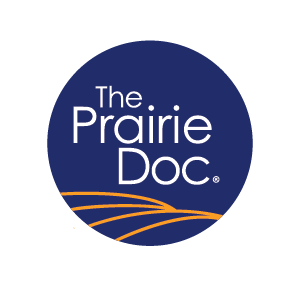When Is It Time to Visit the Dentist?

Pain in your mouth is difficult to ignore, especially when it affects everyday activities like speaking, eating, or sleeping. Here are some of the most common reasons to visit your dentist.
The first sign to visit your dentist is a persistent toothache. Sometimes our teeth can hurt temporarily due to things like teeth whitening or sinus issues. However, if a toothache does not go away, or goes away and then comes back, this is a good sign to visit your dentist to identify the source of pain.
Pain or soreness in your jaw (especially when that pain is accompanied by a headache) can point to bruxism, which is the repeated clenching or grinding of your teeth. Treating bruxism is often as simple as prescribing a custom fit mouth guard which separates your teeth, hence preventing any clenching or grinding. Severe bruxism can wear down or break teeth, which may need to be fixed by your dentist.
If you are experiencing any swelling in your gums or jaw, this is a good indicator of an infection in your mouth. An abscessed tooth is also a signal of an infection. Treatment ranges from draining the abscess, a root canal, or even pulling the tooth. Antibiotics can sometimes take care of an infection in your mouth, but leaving a tooth abscess untreated can lead to serious, even life-threatening, complications.
Gums that are red, swollen, and bleed every time you brush or floss your teeth could signal periodontal disease. This is an infection in the tissues that hold your teeth in place. If left untreated, periodontal disease can lead to bone loss around the teeth and eventually lead to tooth loss.
If you crack or chip a tooth, you should also see your dentist as soon as possible even if the tooth does not hurt. A crack or chip in the tooth can spread over time and may further worsen the condition of the tooth. The sooner the crack or chip is addressed by a dentist, chances are far better of a successful tooth repair and an increase in the longevity of the tooth.
If a permanent tooth has been knocked out, immediate dental attention is strongly encouraged. If a tooth is knocked out, in many cases the damaged nerves and blood vessels cannot be saved. A tooth should not move in a healthy mouth, so any signs of movement such as a wiggly tooth usually have an underlying cause that should be assessed by a dental professional.
Finally, any bumps or sores in your mouth that don’t clear up in a few weeks should be checked by your dentist. Some bumps or sores, like canker sores, should clear up on their own. Other persistent or painful sores could be a sign of oral cancer and should be checked by your dentist as soon as possible.
In conclusion, we strongly encourage patients to schedule an appointment with their dentist with any dental related questions or concerns. The best way to catch any dental issues early on is to visit your dentist on a regular basis for preventive dental cleanings and checkups. Regularly scheduled dental appointments and diligent home care are the best ways to keep your smile healthy.
John Bisson, DDS is a dentist and owns Bisson Dental in Brookings, SD. Dr. Bisson is originally from Sturgis, SD but moved to Brookings in 2015 and opened Bisson Dental in 2018. For more information about Bisson Dental head here, https://www.bisson-dental.com/. Follow The Prairie Doc® at www.prairiedoc.org and on Facebook featuring On Call with the Prairie Doc® a medical Q&A show providing health information based on science, built on trust, streaming live on Facebook most Thursdays at 7 p.m. central.






